Changing lives, one pet at a time
By Danielle Puleo danielle.puleo@thecoastlandtimes.com
Studies have shown that owning a pet can offer a wide array of benefits. The University of Missouri’s College of Veterinary Medicine researched the topic and concluded that “dog ownership and walking were related to increases in physical health among older adults.” The National Institute of Health found that owning a pet may help “alleviate loneliness and improve feelings of depression.” Animal Humane, a nonprofit organization
in Washington, DC reported: “The human-animal bond positively contributes towards healthy aging in several areas, including: mental health, anxiety, stress, depression, Alzheimer’s and dementia, physical health, physical activity, cancer, quality of life, pain management and early detection.”

The Coastland Times reached out to the community to see how pet ownership has impacted the lives of their senior citizens.
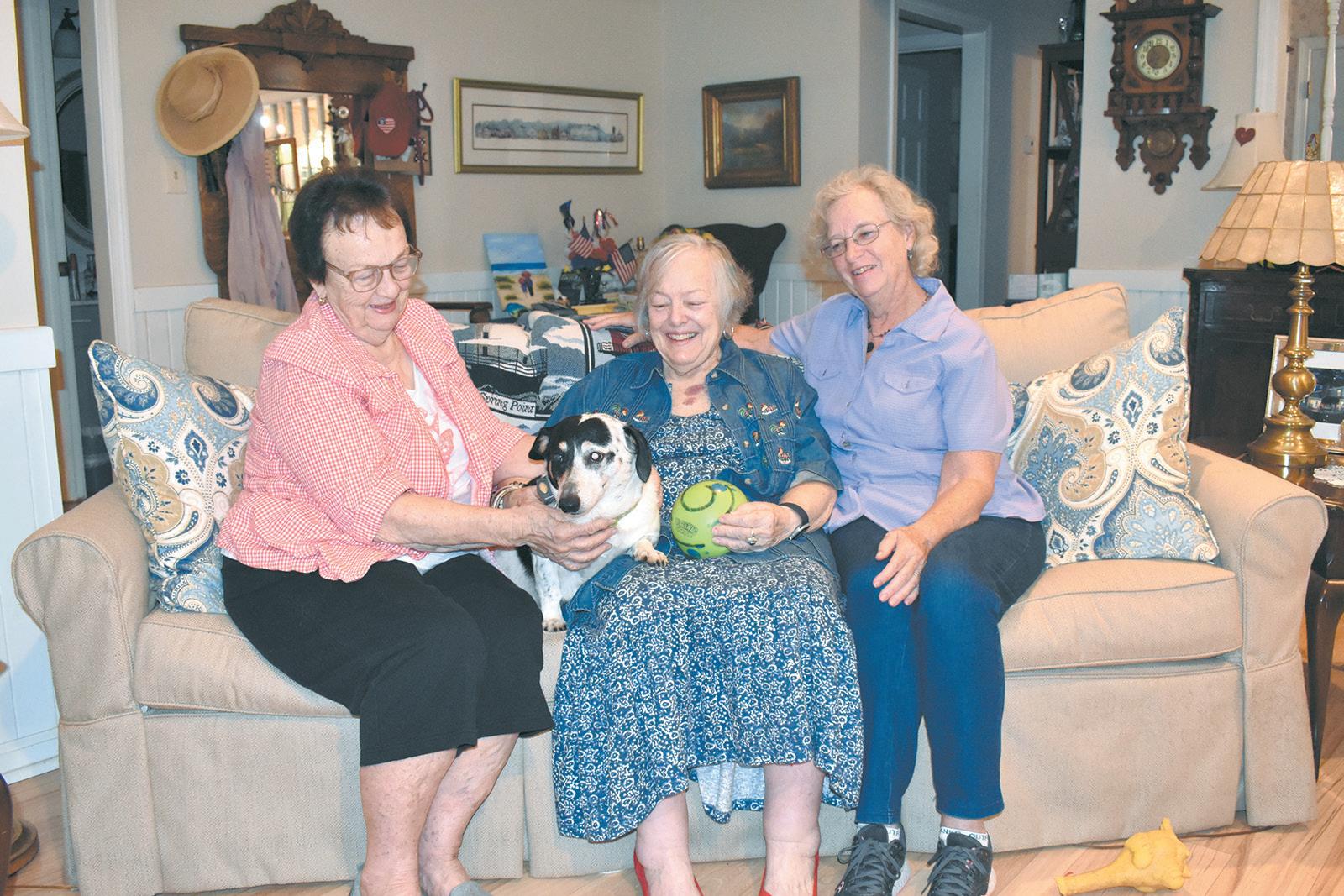
Gail Sonnesso with Gentle Expert Memorycare (GEM) shared that her
dog, Shadow, has greatly benefited both her and her husband Angelo. The couple adopted Shadow from a local shelter and have treasured their time together thus far. Shadow needed additional veterinary care and medications upon adoption, which the shelter helped with.
“Thanks to the shelter, we were able to get his needs met,” Gail shared. Not only has Shadow served as a welcomed companion, he also helps to guide Angelo through the house. Gail said, “Angelo is blind, and the dog now takes him right over to packages that get dropped off.”
Through GEM, Gail has met numerous senior pet-owners that have helped her see what a difference an animal can make in the lives of those who are looking for companionship. One of these proud promoters of senior pet-ownership, 80-year-old Nancy Maturo, was happy to share her experience her current dog, Dudley.
Maturo adopted 10-year-old Dudley from the Outer Banks SPCA when he was around 4-years-old. Since day one,
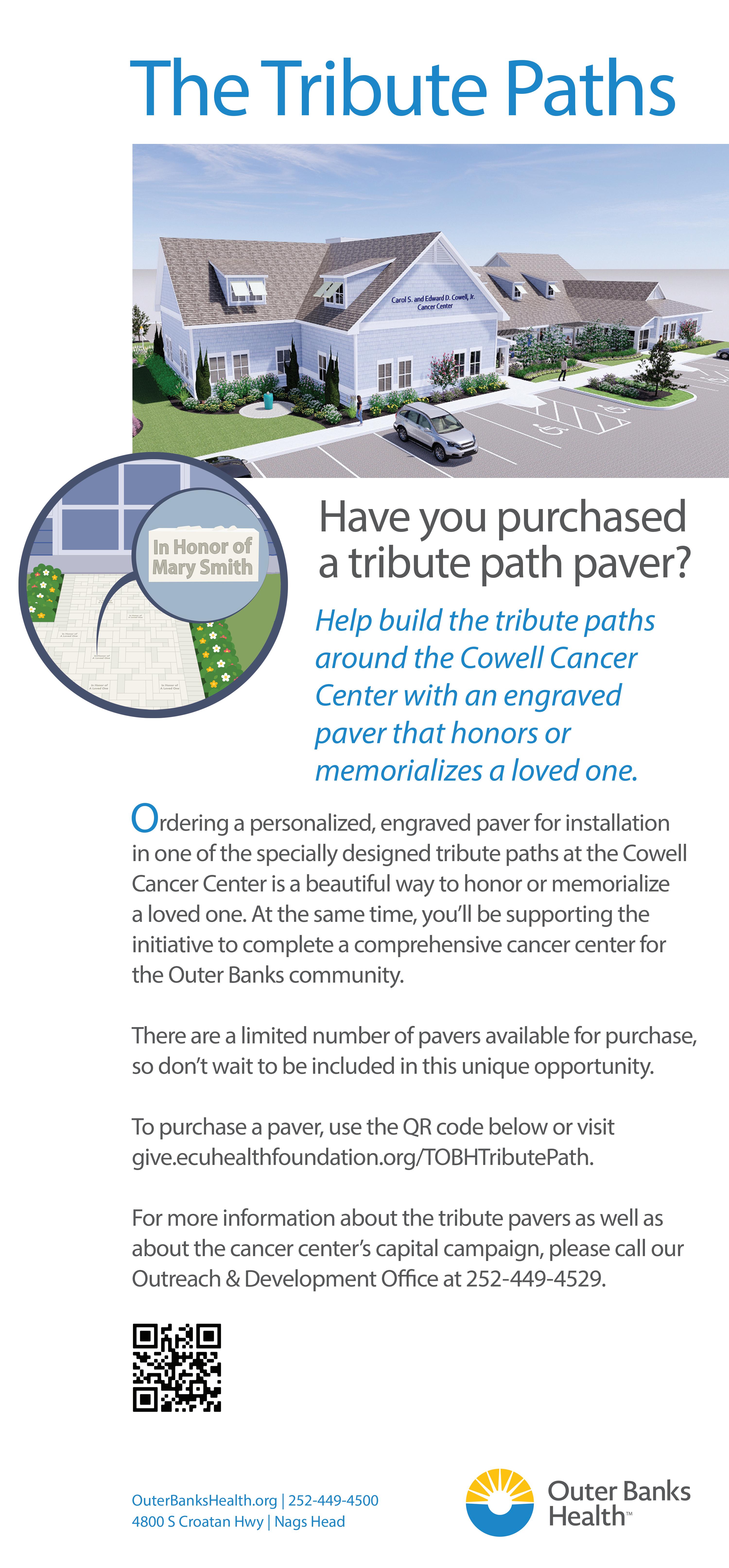

Fall activities for seniors with dementia include scenic strolls amidst nature’s palette. Nothing is better than taking a stroll among fallen leaves that color your path to your destination. Take leisurely walks in parks, nature reserves, or the retirement community neighborhood to soak up the breathtaking autumn scenery. There is something about the feel of the crunching of leaves beneath your feet and the crisp autumn aroma. While the season is excellent, we should remember those who live with deteriorating cognitive conditions! So to keep their minds stimulated and ensure they, too, enjoy the fall season, here is an activity to enjoy together!
Nature therapy: Spending time in dementia-friendly outdoor spaces (that are safe) to engage with the sights, sounds and scents of fall is therapeutic.
The Outer Banks are so beautiful in autumn; the weather is cool enough to enjoy walking through our delightful parks. There is a famous quote by
Maturo is widowed and deals with physical pain on a regular basis, but Dudley has made a world of difference in her life. “He is such comfort for me,” she shared. “He’s attuned to my good times and bad times.”
Maturo mentioned that it was more reasonable for her to adopt an older dog, one that is out of the “puppy phase,” as puppies require much more 24/7 care, time, training and attention. Her Invisible Fence makes it easy for Dudley to run around and get exercise in place of walks. Dudley, she said, gives her purpose, and makes it easier for her to get out of bed in the morning. His needs must be met too, and Maturo is happy to have given him
Senior Living
Autumn adventures on the Outer Banks
Albert Camus in his book, ‘The Fall’ (1956); “autumn is a second spring when every leaf is a flower.”
Not only is autumn a wonderful time to enjoy walking, but walking is very beneficial for our overall health.
The Mayo Clinic has a compiled an impressive list of the benefits of a brisk walk. You may not realize just how many there are:
• Maintain a healthy weight and lose body fat.
• Prevent or manage various conditions, including heart disease, stroke, high blood pressure, cancer and type 2 diabetes.
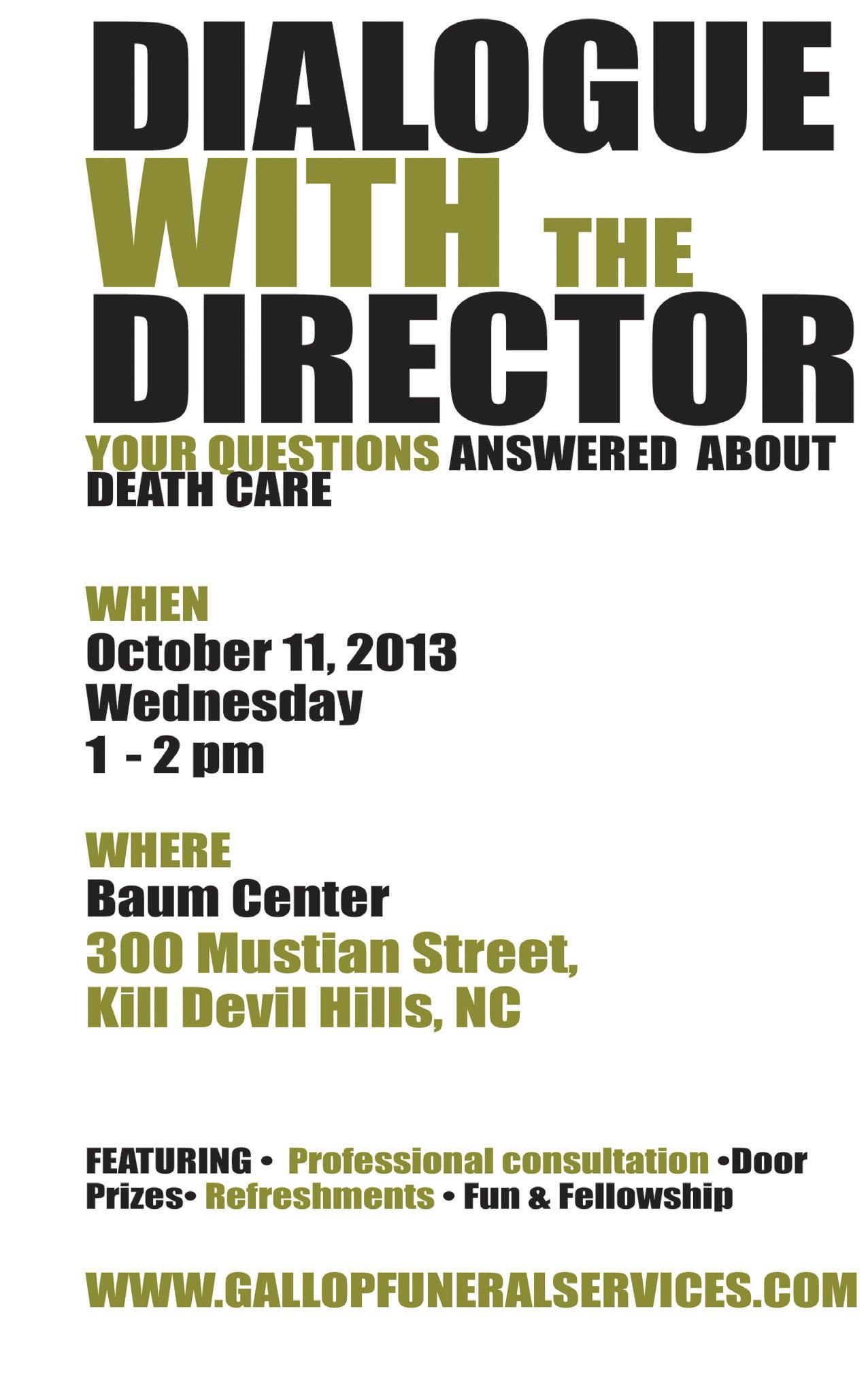
• Improve cardiovascular fitness.
• Strengthen your bones and muscles.
• Improve muscle endurance.
• Increase energy levels.
• Improve your mood, cognition, memory and sleep.
• Improve your balance and coordination.
• Strengthen immune system.
• Reduce stress and tension.
If you are caring for a loved one who has dementia, try to make it a point to get them up and out for a short walk as
a life outside of the shelter, while he provides both support and happiness day in and day out.
Bill Coleman, executive director of the Outer Banks SPCA, said their facility has animals of all ages, with many adult dogs and cats available for adoption. The SPCA offers screenings for candidates that are interested in fostering and/or adopting a companion. He agreed that active seniors are better suited for adult pets, as puppies and kittens can require much more to start.
“We had an older guy adopt one of our older dogs, and he lived close to beach, so he got to walk with the dog every day, and it turned out to be really beneficial for both of them.” Coleman spoke of a new program the SPCA offers, which allows anyone interested the chance foster a dog for a day. Those
frequently as possible. The act of walking, with a friend by your side, has many emotional benefits as well. Chances are you’ll both come back more relaxed and in a more positive frame of mind. The following parks are senior friendly and offer accommodations for seniors with disabilities.
Jockey’s Ridge State Park is a North Carolina state park located in Nags Head it covers a 427-acre area, and includes the tallest active sand dune system in the eastern United States. The rangers offer a trip to the top of the ridge in an ATV if you call ahead. It is the most visited park within the NC park system. *Wikipedia Address: 300 W Carolista Dr, Nags Head, NC 27959
Nags Head Woods Preserve on North Carolina’s Outer Banks protects one of the largest remaining maritime forests on the East Coast. Defined as a woodland habitat affected by the ocean, maritime forests such as Nags Head Woods have become increasingly rare due to the pressures of human
that are on the fence about adopting or fostering have a great opportunity to choose a dog to take for a walk on the beach, on a trip downtown or to grab a pup cup and ride around town for a few hours before returning to the facility. “It’s really helpful for us because we can learn more about the dog because it’s not here in a stressful environment, and that will help us adopt it as well.”
Pam Anderson, co-owner of Ocean Sands K-9 Resort, has worked with canines for years and sees a lot of room for growth within the foster/adoption sector of the OBX community. “We have a huge retired community that are looking for things to do and happen to be dog lovers too.” Fostering can be a great option for those that prefer temporary terms and no financial burden, as the shelter takes care
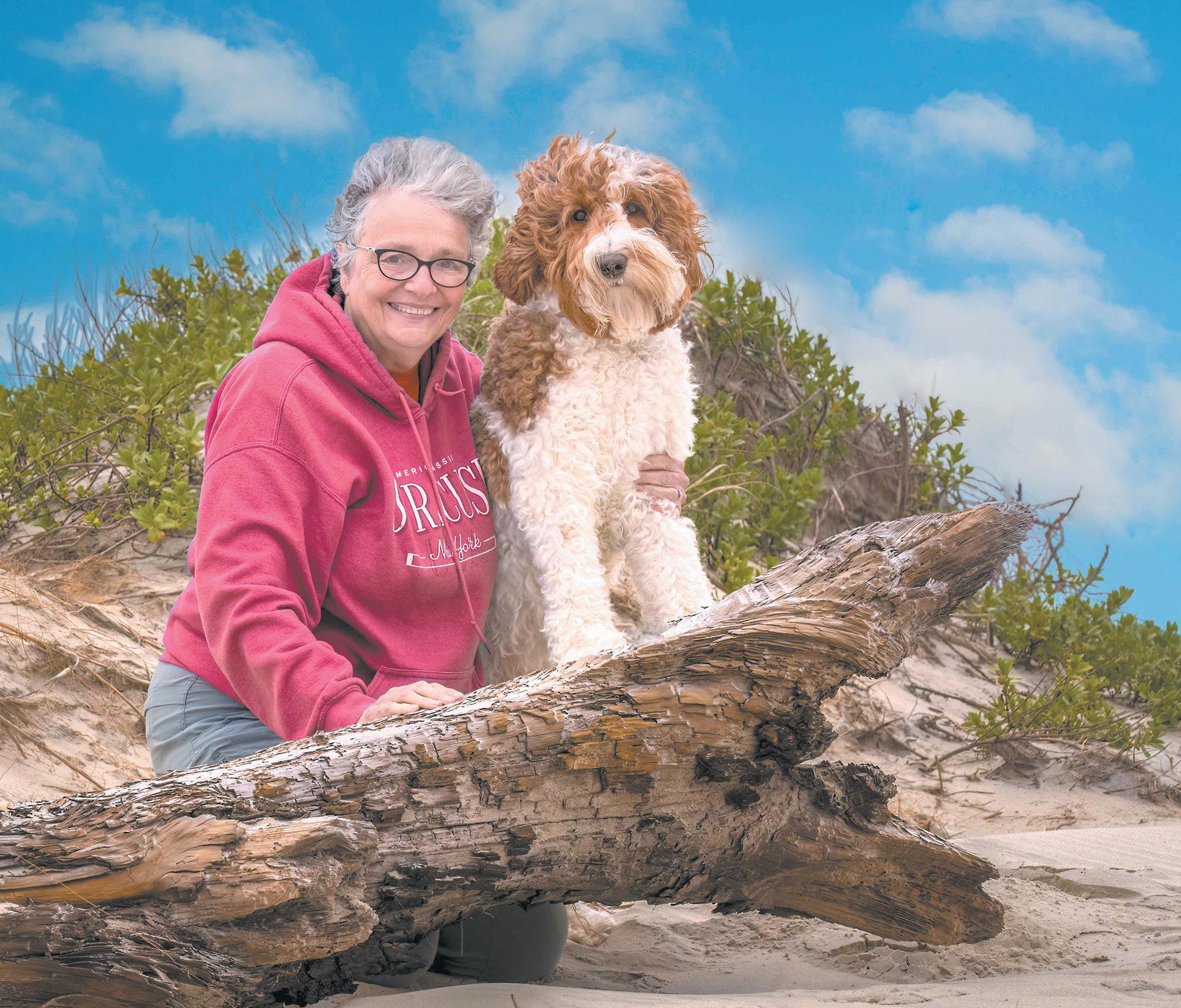
development throughout coastal environments. The woods have an accessible 1/4-mile loop trail generally considered an easy route. We enjoy it because you can work side by side on either pavement or boardwalks. Nags Head Woods Located at 701 Ocean Acres Dr, Kill Devil Hills, NC 27948
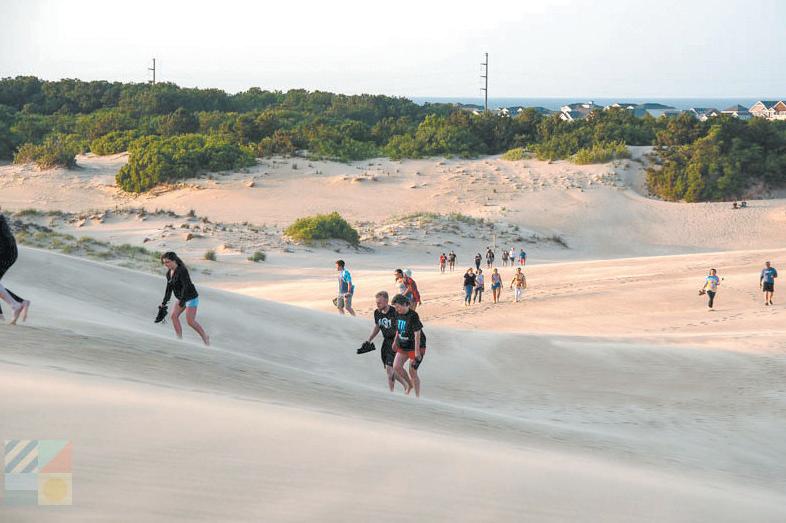

Elizabethan Gardens – these fanciful and elaborate gardens were designed to entertain Queen Elizabeth I during
her reign. Our garden was created for your enjoyment, and as a living memorial to the time when Sir Walter Raleigh’s lost colonists lived in this very place over 400 years ago. The Elizabethan Gardens provide accessible trails and handicapped restrooms.is a private 501(c) (3) nonprofit organization located within the Fort Raleigh National Historic Site. Fort Raleigh National Historic Site Address: 1411 National Park Dr, Manteo, NC 279
of veterinary care and services for their foster dogs. By the same token, Anderson mentioned how the Coastal Humane Society offers affordable vaccinations for those who need that option in order to care for a pet.
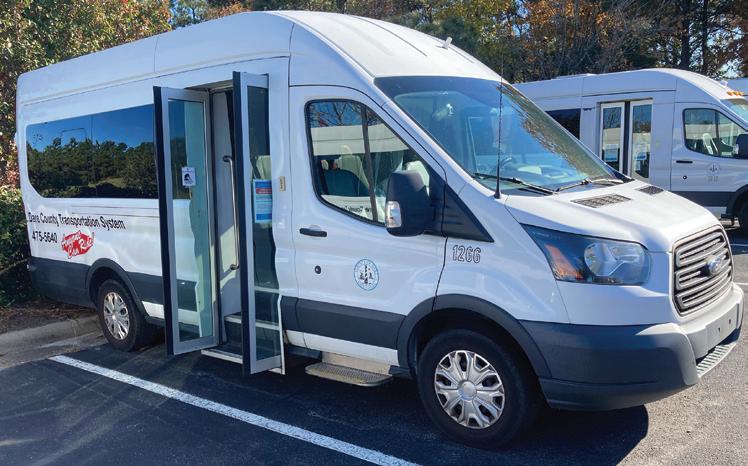
Anderson offers taxi services within her business. She noted the barriers seniors face when it comes to transportation and mobility. With the help of local volunteers, visiting angel programs and the current available resources within the community, those that would like to adopt could have the option to. “There are ways we can be a leader in this effort and work our way through it, through a

strong foster program.”
Pets, as it’s been shown, can be advantageous for those who are looking for a sense of purpose, responsibility, and comfort. Mary Lou Fahey and her therapy dog Breezy have seen just how much of an impact animals have on those who are isolated. Breezy is a regular within the GEM program and often visits those older adults within the program. Fahey said that the second Breezy walks into a room, faces light up.
Through her former career as a social worker and as a therapy dog owner, she reported that suicide has even been prevented because of one’s animals.
“So many of our elderly don’t have partners or family. Just the touch of an animal is a comforting factor.” Fahey is a big believer in the “power of animals” and has seen first-hand how they can help those dealing with mental illness, stress, anxiety, along with socialization and exercise. “There are just so many health benefits to owning a pet.”
For those who are still unsure, senior Beverly Stimmel, who lives across the street from Maturo and Dudley and visits often, offered some simple advice: “It isn’t necessary for you to own a dog to gain benefits. Being friends with one make a difference.”
Understanding Supplements
Seniors should be wary of supplements. They’re different from prescription medicine, and aren’t subject to the same thorough and time-intensive government testing.


Despite claims for better health or treatment of disease, their effectiveness hasn’t necessarily been proven. Talk to your doctor before adding a supplement to your diet. They’ll be able to discuss its effectiveness, and how it might interact with any existing medical regimen.
MANY FORMS
Supplements are available in many forms, including pills, capsules, powders and liquids. Their makers often assure buyers that these pills are curative based on the presence of vitamins, minerals, herbs or amino acids. Because of the lack of testing, however, the Centers for Disease Control and Prevention does not approve them as a preventive or treatment for diseases. Vitamins, in particular, have confirmed health benefits. B12 aids in nerve health, D helps keep our bones strong, and B6 is critical to the creation
of red blood cells. B12 is often prescribed to vegans, who risk deficiency because this vitamin is naturally found in animal sources. These are all necessary and vital functions, but don’t rise to the level of some supplement companies’ health claims.
UNDERSTANDING RISKS
With any unprescribed supplement, the worry with older users is how they may interact with the medicines you’re already currently taking. Doctors carefully calibrate prescriptions to make sure they mix well. Over-the-counter pills might lead to unexpected health outcomes. There are also risks associated with ingesting too much of select vitamins and minerals that users might not be aware of — and this is particularly dangerous for those with pre-existing conditions. Even the supplements themselves might
interfere with each other.
HONEST DISCUSSION
Your health care providers are the most familiar with your situation, including current and past health issues and your mixture of prescription medication. Have an honest talk about the concerns that led you to consider a supplement, as they might have suggestions with a proven
track record of effectiveness and safety. They’ll also warn you about potential negative drug interactions. In the end, you’ll have a personalized plan that takes into account other drugs, health status and your age. If you’re set to have a medical procedure, doctors may also instruct you to stop taking any supplements for a few weeks.
Local funeral home offers fall educational series


The upcoming community education series “Dialogue With A Director” will be held monthly at the Baum Center in Kill Devil Hills. The regularly scheduled sessions (starting in October) at the Baum Center will feature guest speaker and funeral director Courtney N. Gallop of Gallop Funeral Services, Inc.
Gallop is the founder of Gallop Funeral Services, Inc. and Capital Crematory of East Lake and has been a licensed funeral professional for nearly 30 years.


Each session will feature an open mic format where attendees may pose questions directly to the funeral professional about a wide range of issues related to death care in the Outer Banks community. Examples of upcoming topics include obituary writing, paying for funerals, military honors, advance planning, green burials and other alternatives, body donation, the documents of death care and others topics of practical and educational interest.
According to Gallop, the “Dialogue With A Director” series will be an open, informal, fun and informative opportunity to explore issues around burial and cremation. “All those questions that keep you up at night can be asked and professional answers will be designed make you think well before the need for care arises.”

Each session will include refreshments and door prizes for guests during each session. The first dialogue will be held
Wednesday, October 11, 2023 from 1 p.m. to 2 p.m. at the Baum Center. The sessions are open and free of charge.
The first session’s topic is “Think Outside the Box Funeral Trivia Contest” and the second session’s topic will be “Introduction to Funeral Documents and Paperwork.”
Branch Out with New Skills

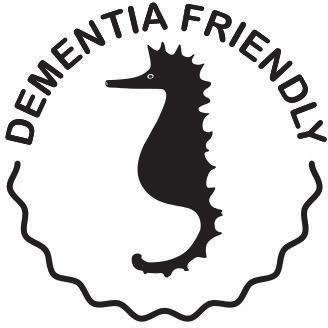

The old saying about old dogs and new tricks simply isn’t true. In fact, leaving everyday work schedules behind offers lots of free time to learn new skills — and it’s never been easier to do.
TAKE A CLASS
Leisure classes offer a fun, engaging environment for seniors to try something different, and they’re often offered very close to home. Check with local universities, colleges and community colleges to find out more about what’s offered and when. There is typically a small registration fee, with courses on a wide range of topics. Interested in taking up a musical instrument, cooking, wine or travel? This is your chance to dive in. You can also increase your financial literacy, explore a different hobby or try out yoga. Lifelong Learning Institutes also offer stress-free classes at more than 120 locations across the nation. They operate with non-profit funding in all 50 states and Washington, D.C. There’s no homework — and no tests!
GATHER WITH OTHERS
Visit a local Council on Aging to find out more about sponsored events. They’ll also have programs focusing on hobbies and skills, as well as health-focused offerings for those living with things like diabetes, balance problems or fitness concerns. Seniors on select Medicare plans are eligible for SilverSneakers, a wellness program held at tens


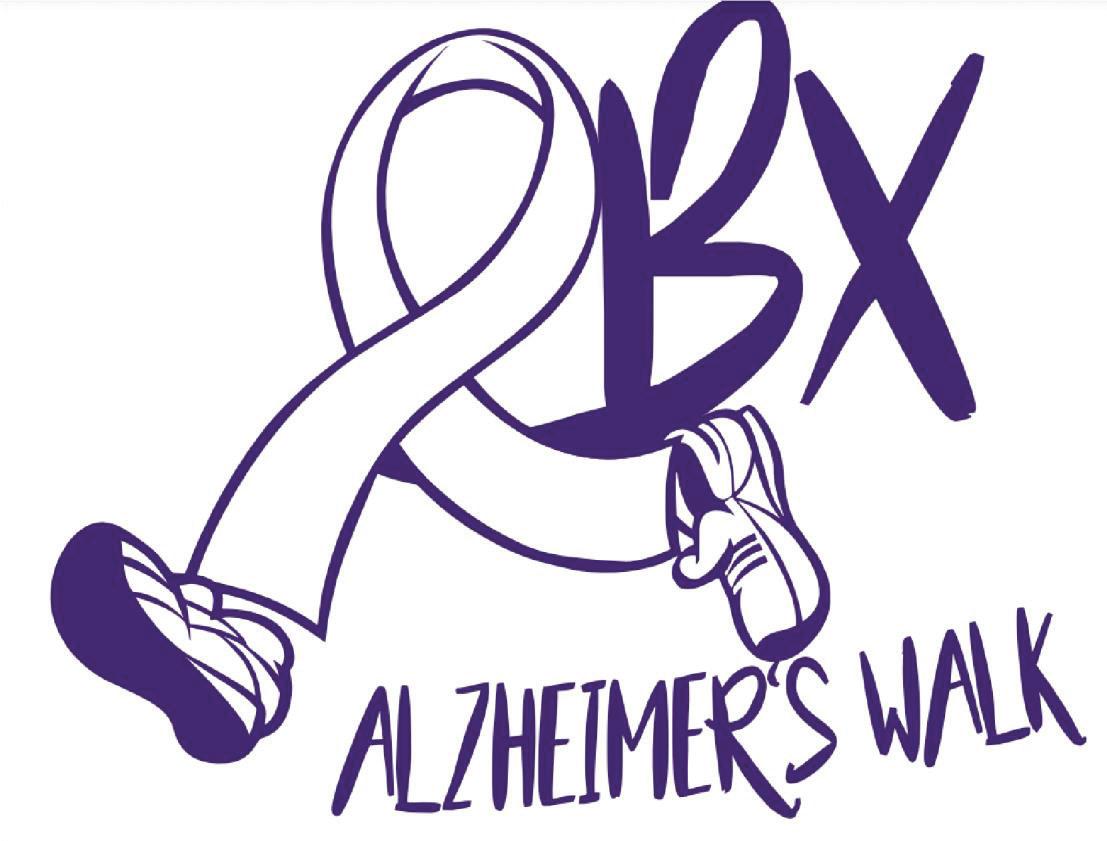
of thousands of fitness centers across the nation. SilverSneakers also offers certain health discounts. Too busy or have specific health concerns? Look for virtual classes if you can’t make in-person meetings, and continue building a sense of community right from home.
HEAD TO THE PARK
Many city and county parks and recreation departments offer senior programming, often with a focus on health and fitness. Look around and you’ll find plenty of low- or no-cost classes designed especially for seniors. That may include everything from educational seminars, group activities and workshops to wellness classes and art activities. Learn a new language, a new dance, a new card game or a new sports activity. Some parks and recreation departments even sponsor active-adult travel programs, with monthly single-day and longer seasonal trips. Affiliated clubs may meet at local community centers, churches, and senior facilities, and play host to a range of sponsored activities like games, featured speakers, community service projects and other special events.
Improve Your Health with Yoga
You’ll improve your flexibility, balance and mobility while also building aerobic fitness and muscle strength.
MANY BENEFITS
Older adults who practice yoga have a reduced risk of falling, because of a proven track record of better stability. Greater flexibility and improved joint health have also been linked to reducing symptoms of osteoarthritis. Yoga participants traditionally have reported better respiratory health, lower blood pressure, improved mindfulness, reduced anxiety and needed relaxation. As you continue to practice yoga, you may find that you have better posture, better digestion — since yoga stimulates muscles in the core — and better pain management. It’s also not a huge commitment: As little as 10 minutes of yoga a day has been shown to help with bone density, a critical concern as we age.
WHAT TO AVOID
Beginners should start with a live instructor, rather than watching videos. Done incorrectly, yoga can unfortunately lead to injury. Seniors should also be aware of their natural limits. Avoid inversions that place your head below
your heart, and forward bends with legs straightened. Twists should be limited to the mid-range, while avoiding extremes of movement. When deciding on a yoga studio, look for instructors who have been certified by Yoga for Seniors. They’ll know more about tailoring movements to your special needs. If your breathing ever becomes labored, immediately reposition yourself. Take breaks, as needed.
BEST POSES
Some specific poses tend to work best for seniors, so ask your yoga instructor about the mountain pose, the tree pose or the cobra pose. Those with a mobility impairment should consider chair yoga, as should anyone under doctor’s restrictions or with worries about their physical condition. Make sure you have a sturdy chair without wheels.
After warmups, you’ll be led through specifically designed flexibility and strength-building sessions before participating in a modified cool-down period. If done correctly, Healthline reports that this stationary, supportive option is just as beneficial as regular yoga classes. It’s especially helpful for those with balance or joint issues, menopause or arthritis.

